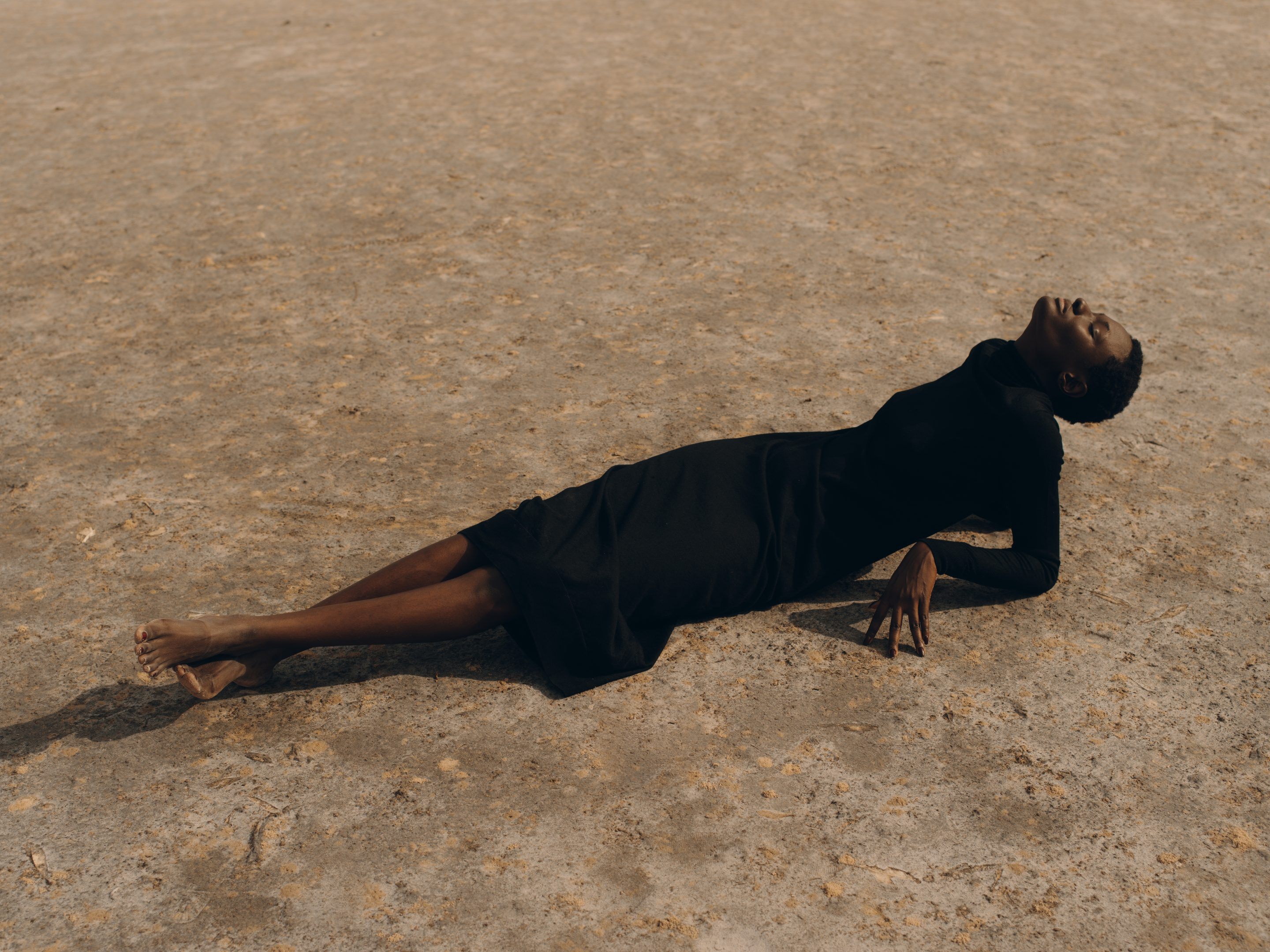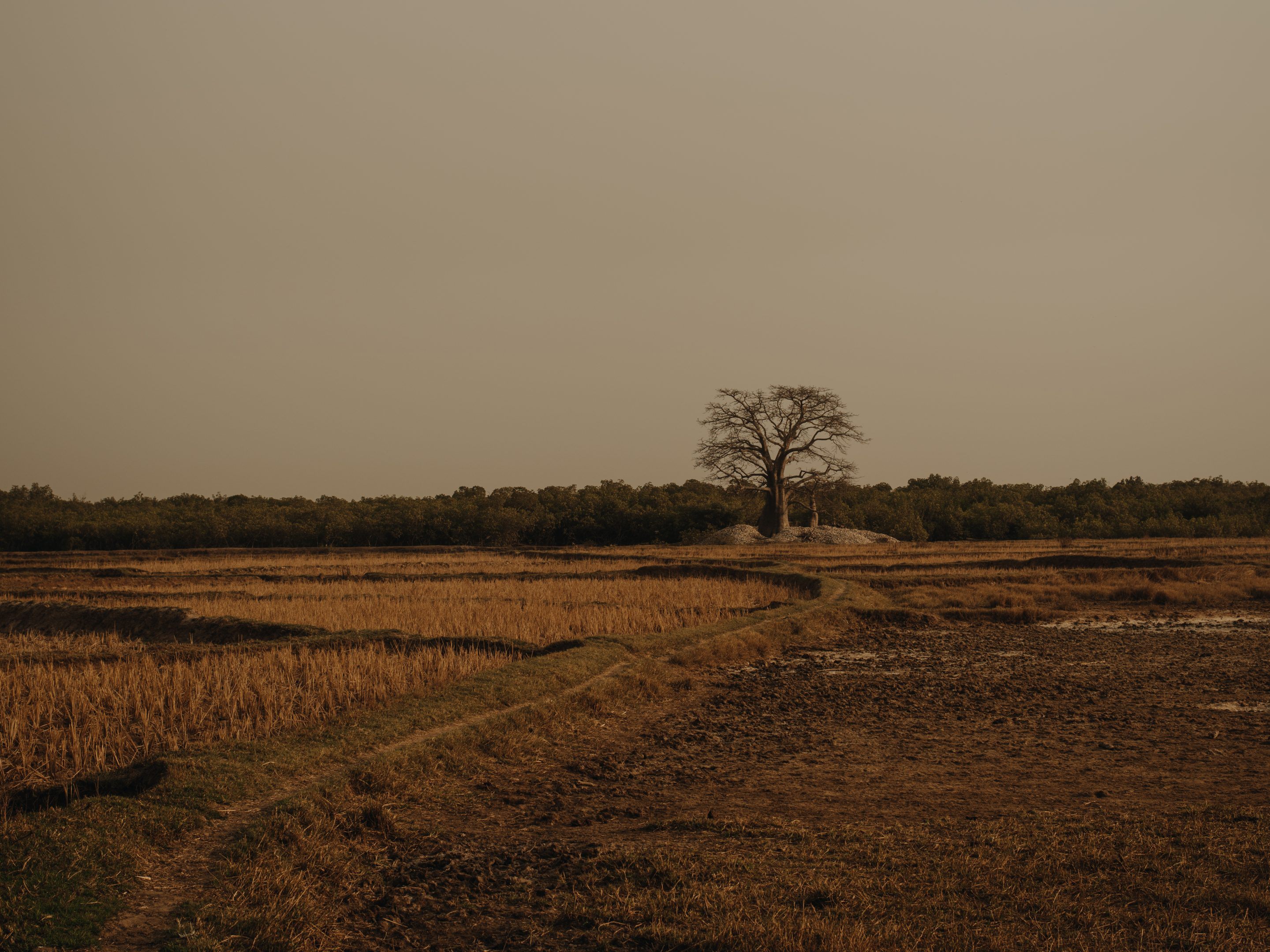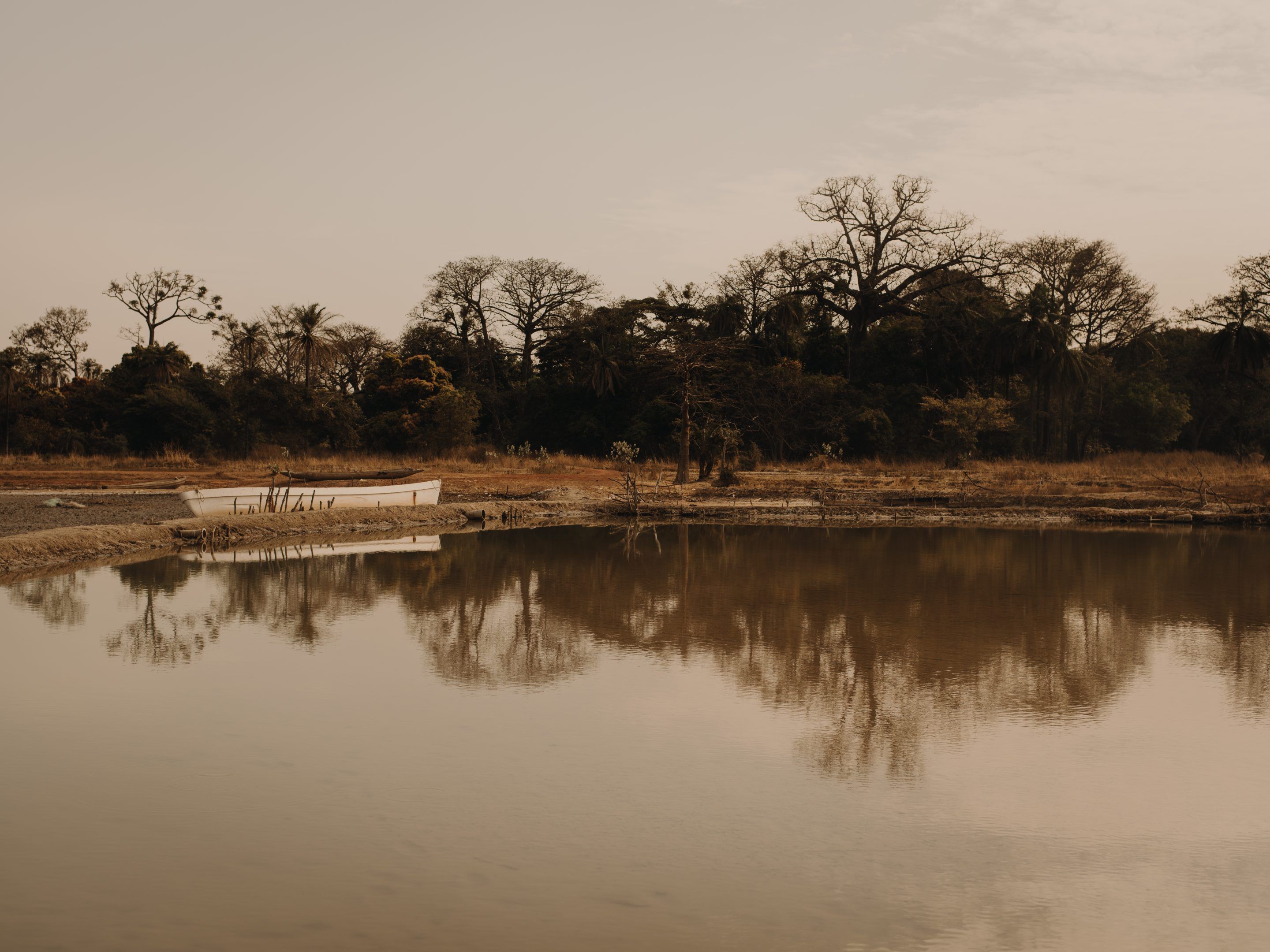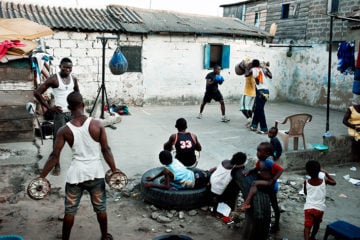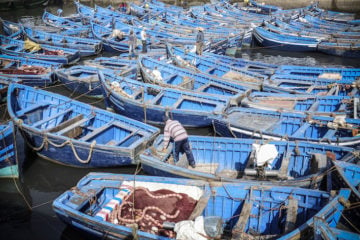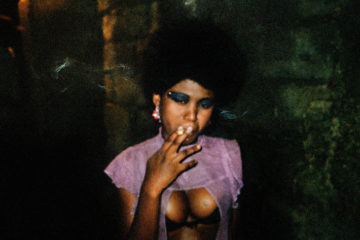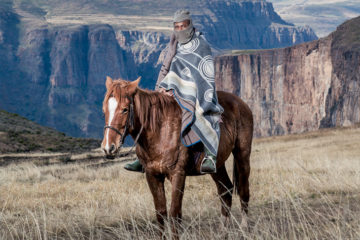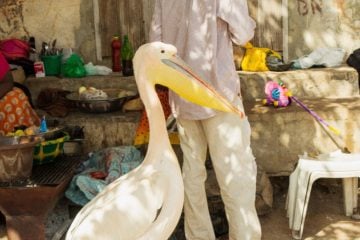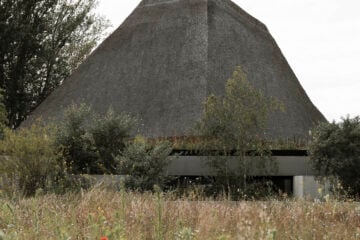
Charlotte Lapalus’s Tree Of Life Unravels Senegal’s Untold Stories
- Name
- Charlotte Lapalus
- Project
- 'Tree of Life'
- Words
- Devid Gualandris
Marseille-based photographer Charlotte Lapalus visited the landscapes of Senegal to delve into an enthralling editorial that unpacks the trauma of female genital mutilation with unparalleled intimacy. Her series ‘Tree of Life’ is imbued with empathy for the victims of this injustice and frames a country that is held up by strong, empowered women—a challenge in a land awash with a persisting gender violence.
At the most westerly point of Africa is Senegal, a vibrant country where rich traditions and natural beauty marry to great effect. Far from the bustle of the capital Dakar, many remote villages and glorious stretches of river dot the tranquil landscapes of the Casamance region. Behind the stillness of this rural life, there is a side of Senegal sometimes obscured from view; a dark reality where violent history, religion, and outdated traditions find themselves entangled. It is here that the French photographer discovered a tenacious community of women that motivated her to uncover the hidden stories and truths that surround so much of this vast land—one that is still aligned with agendas of supremacy and power.
Behind the stillness of this rural life, there is a side of Senegal sometimes obscured from view.
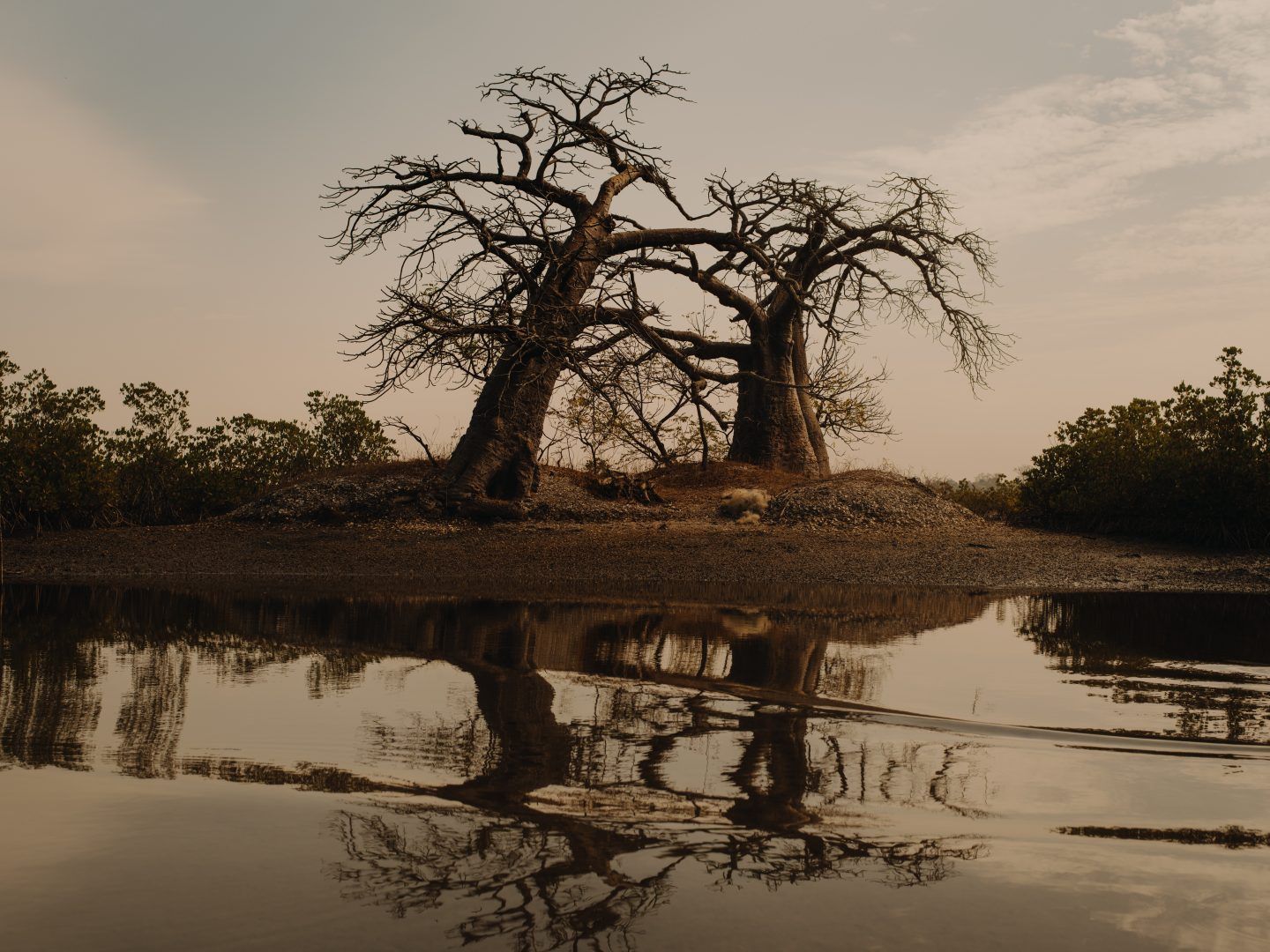
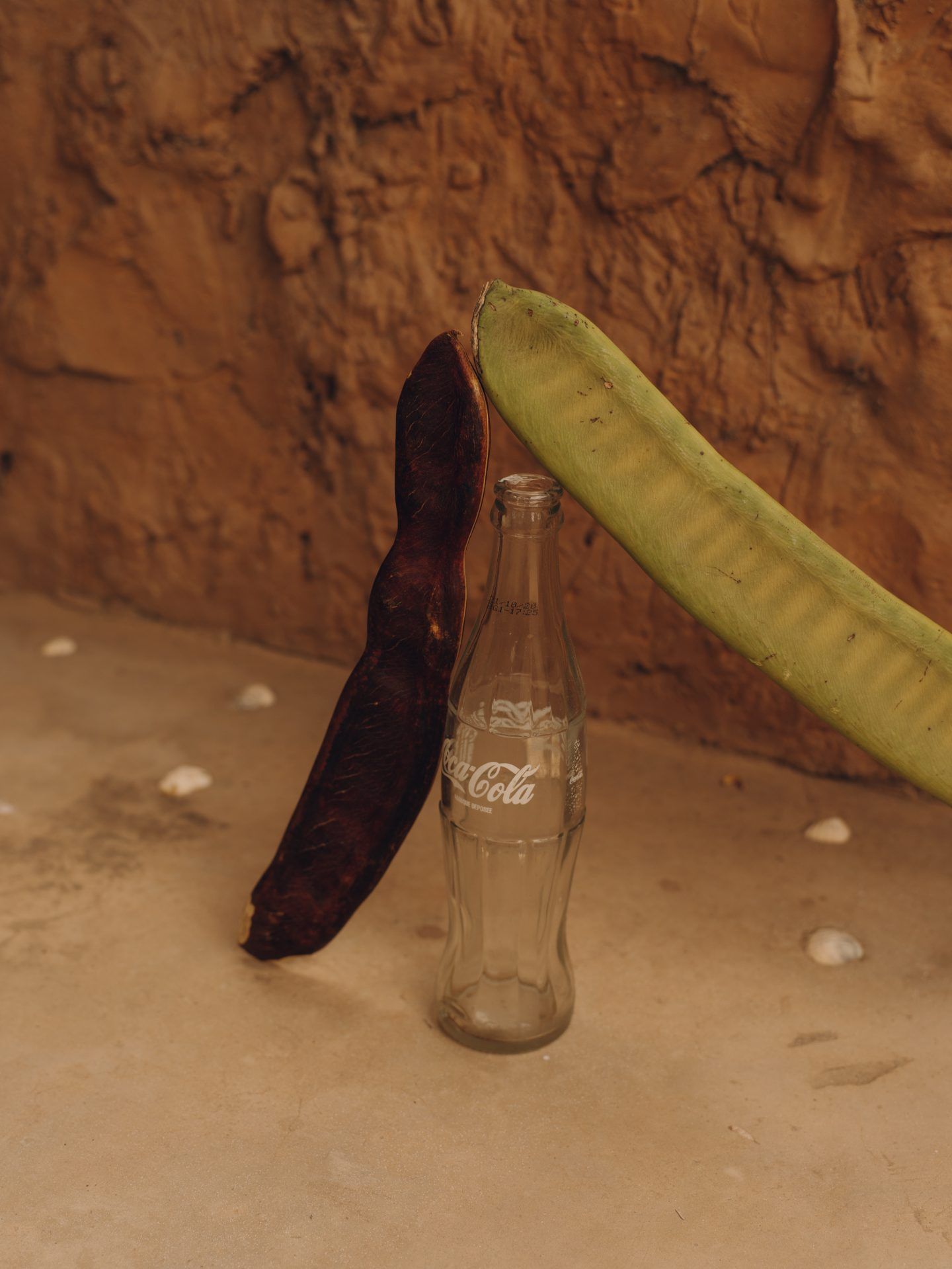
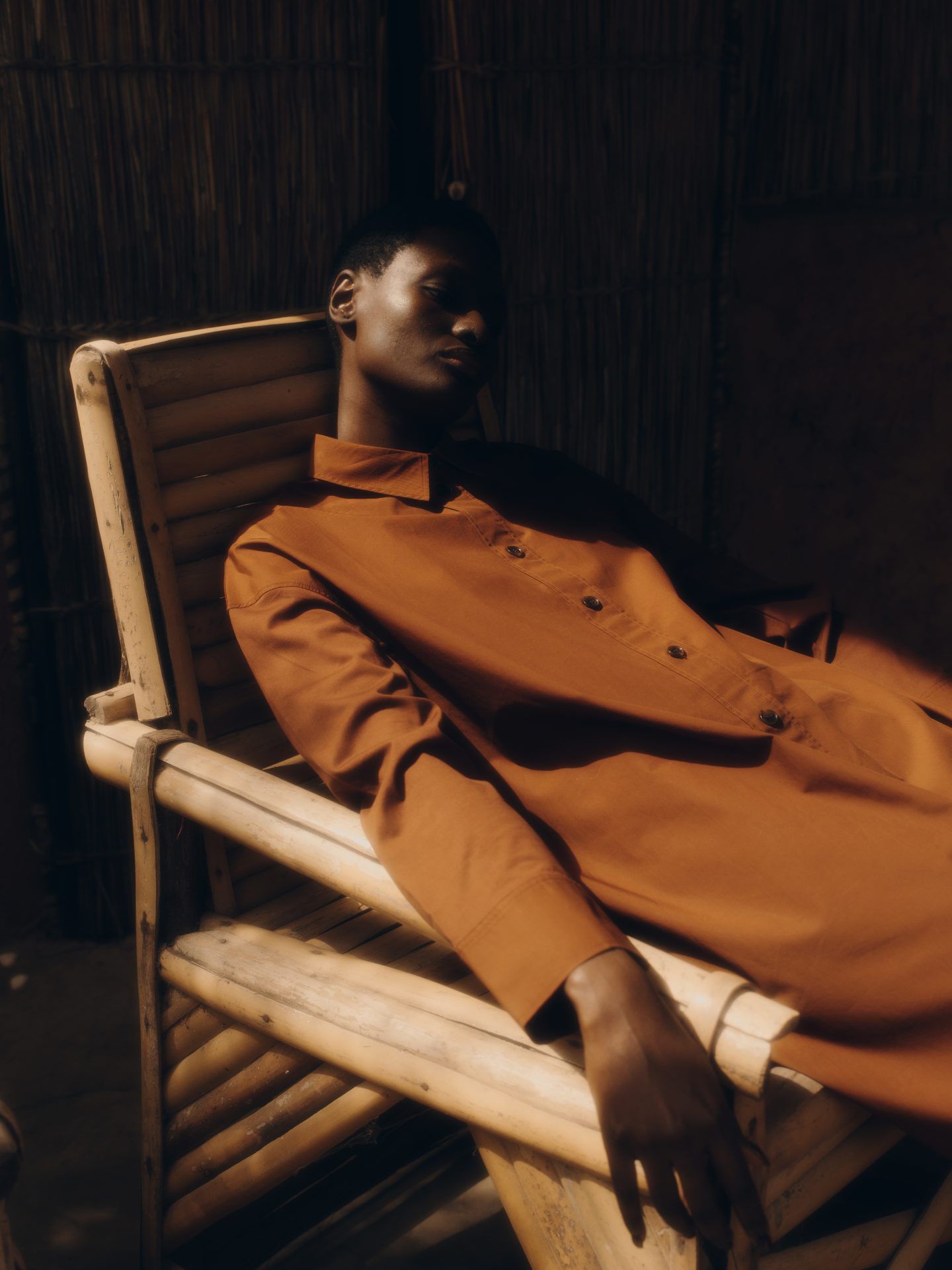
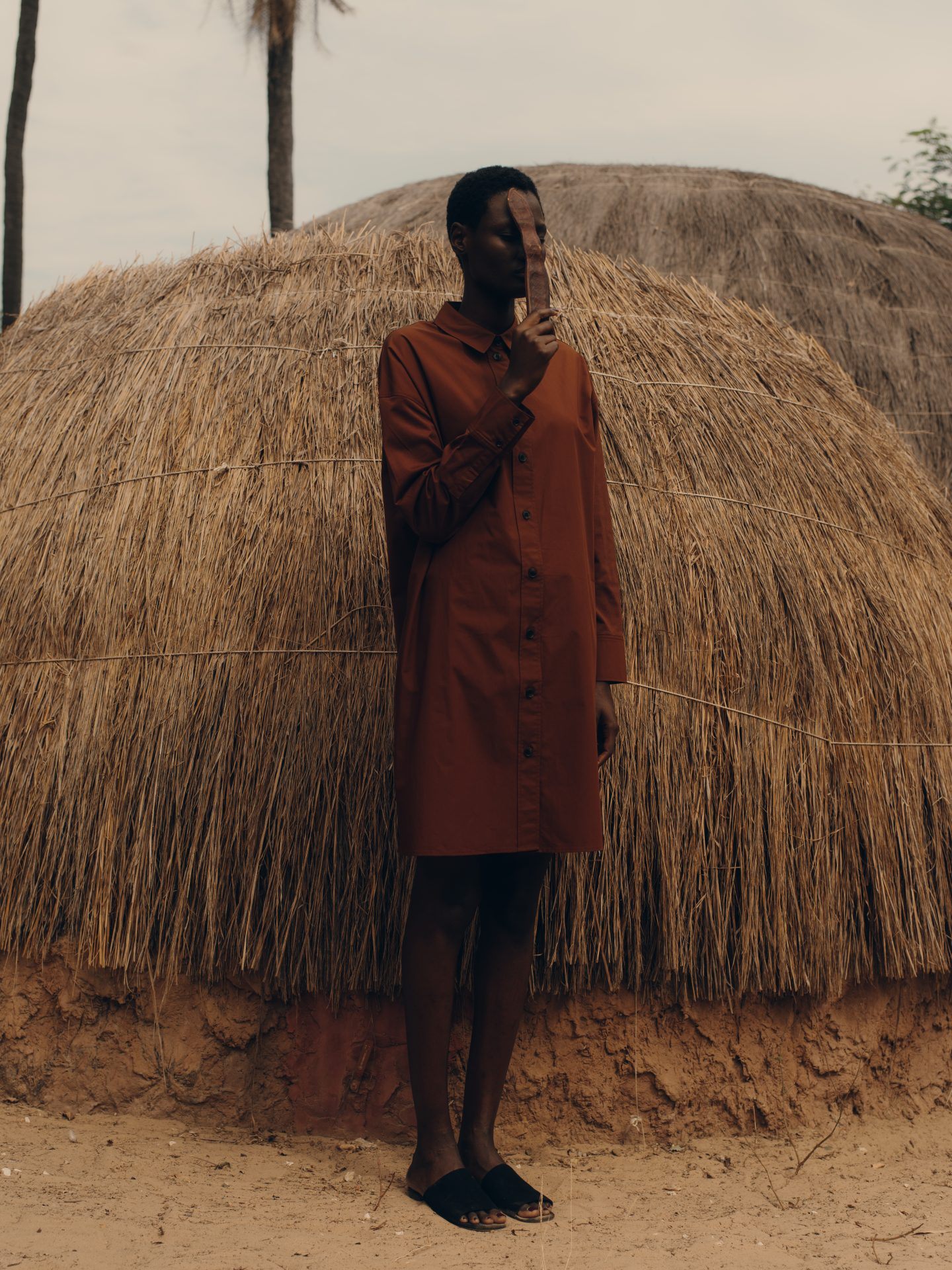
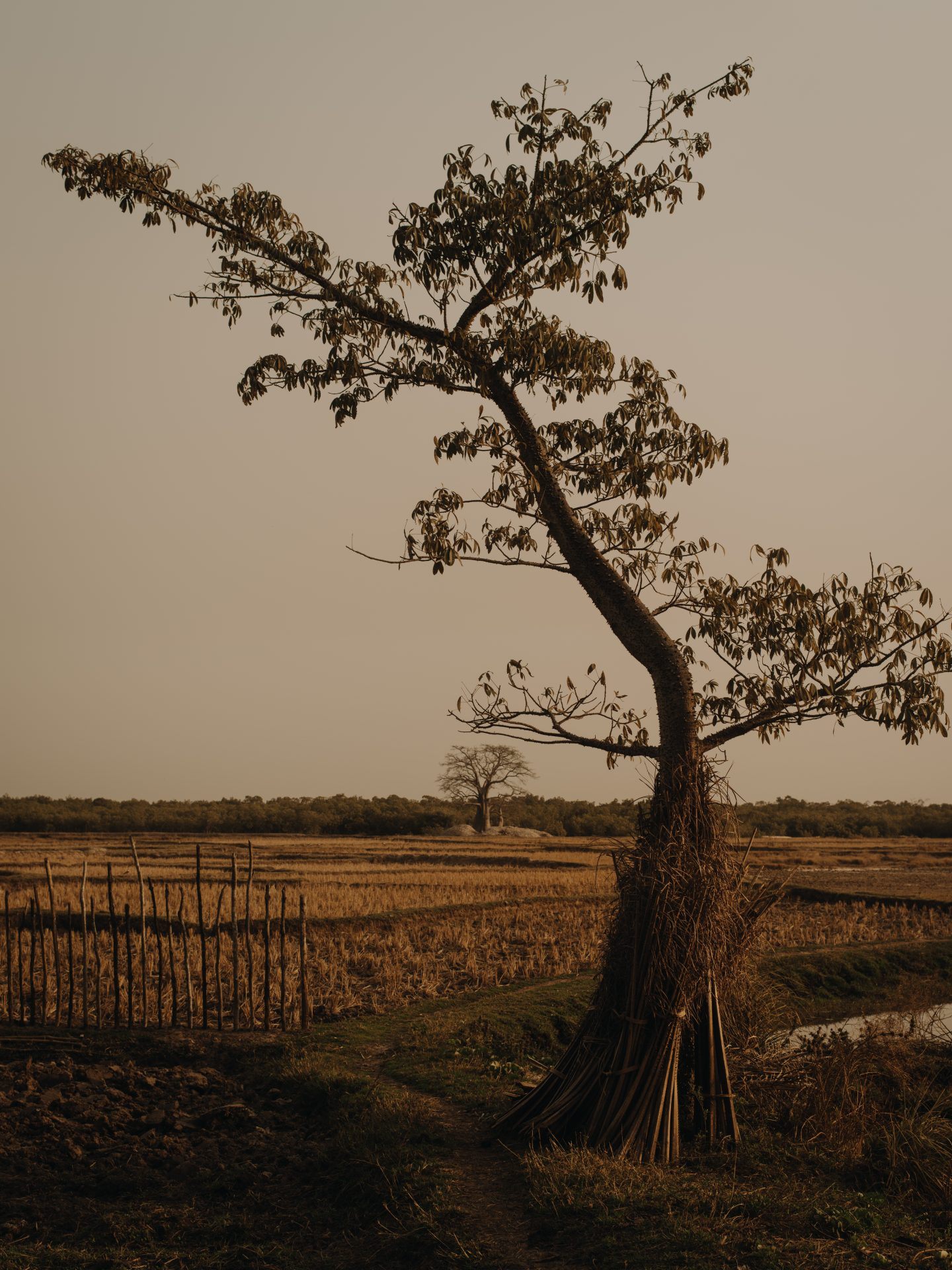
Lapalus’s body of work explores themes of adolescence and female empowerment. Known for her intimate portrayal of women, her warm tones are filled with a subtlety that is indicative of her distinct and idyllic style. Lapalus’s editorials are always motivated by a human gaze. At the core of her art lies a deep interest in humanity and acts of responsibility on behalf of women. For over five years, women’s rights have been at the forefront of Lapalus’s mind, leading her to reach far beyond France to volunteer with the Marseille non-profit charity Autour de l’enfant—an association dedicated to the wellbeing and education of women and children in Southern Senegal. Her latest missionary project concerned fighting towards the eradication of female genital mutilation (FGM) or female circumcision, in the villages where the foundation operates. Fighting the practice as a pure human violation and act of gender violence, she helped to foster the empowerment of women by campaigning for change and providing training, education, and securing sustainable jobs for the women affected by this atrocious cultural tradition.
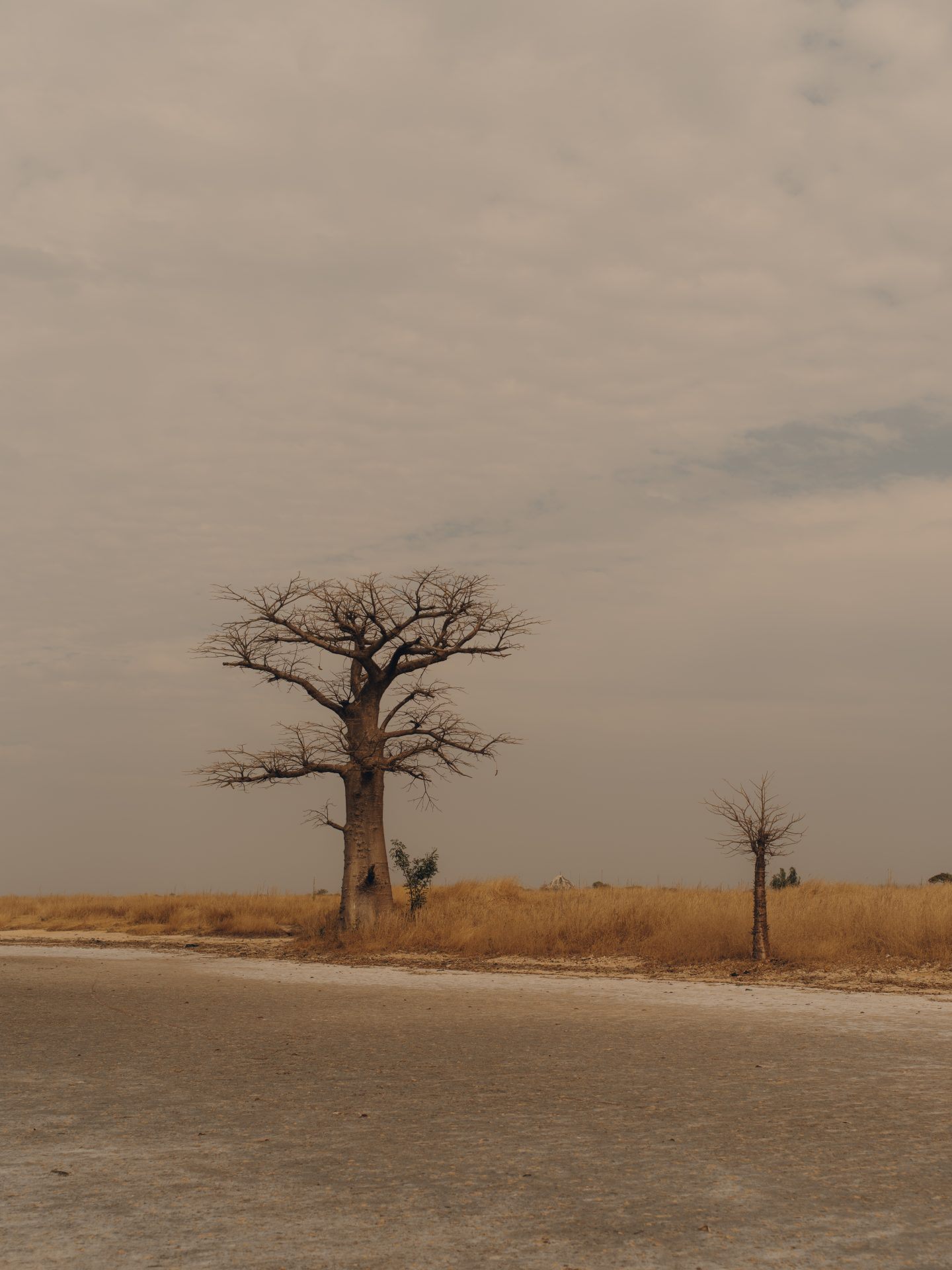
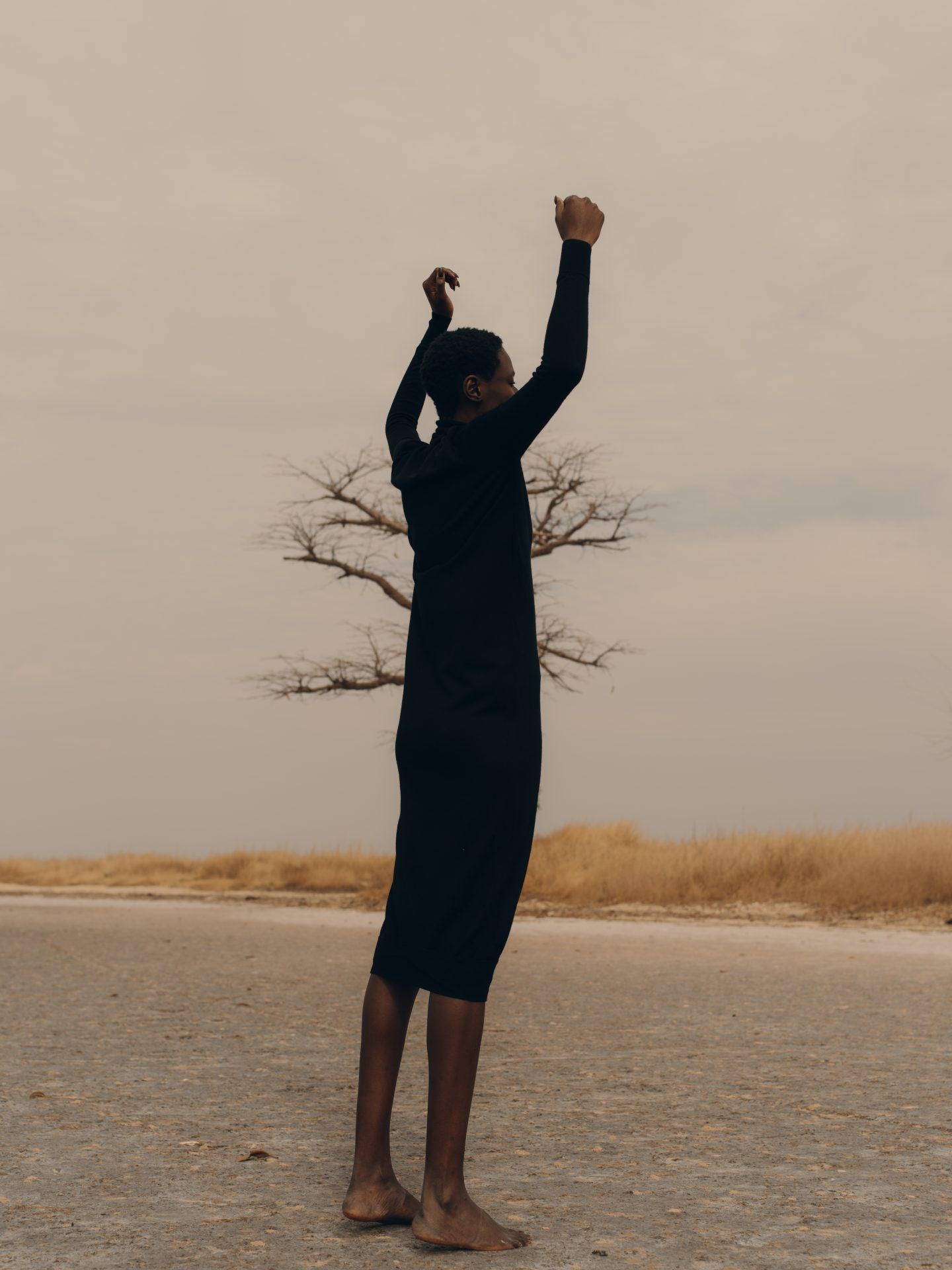

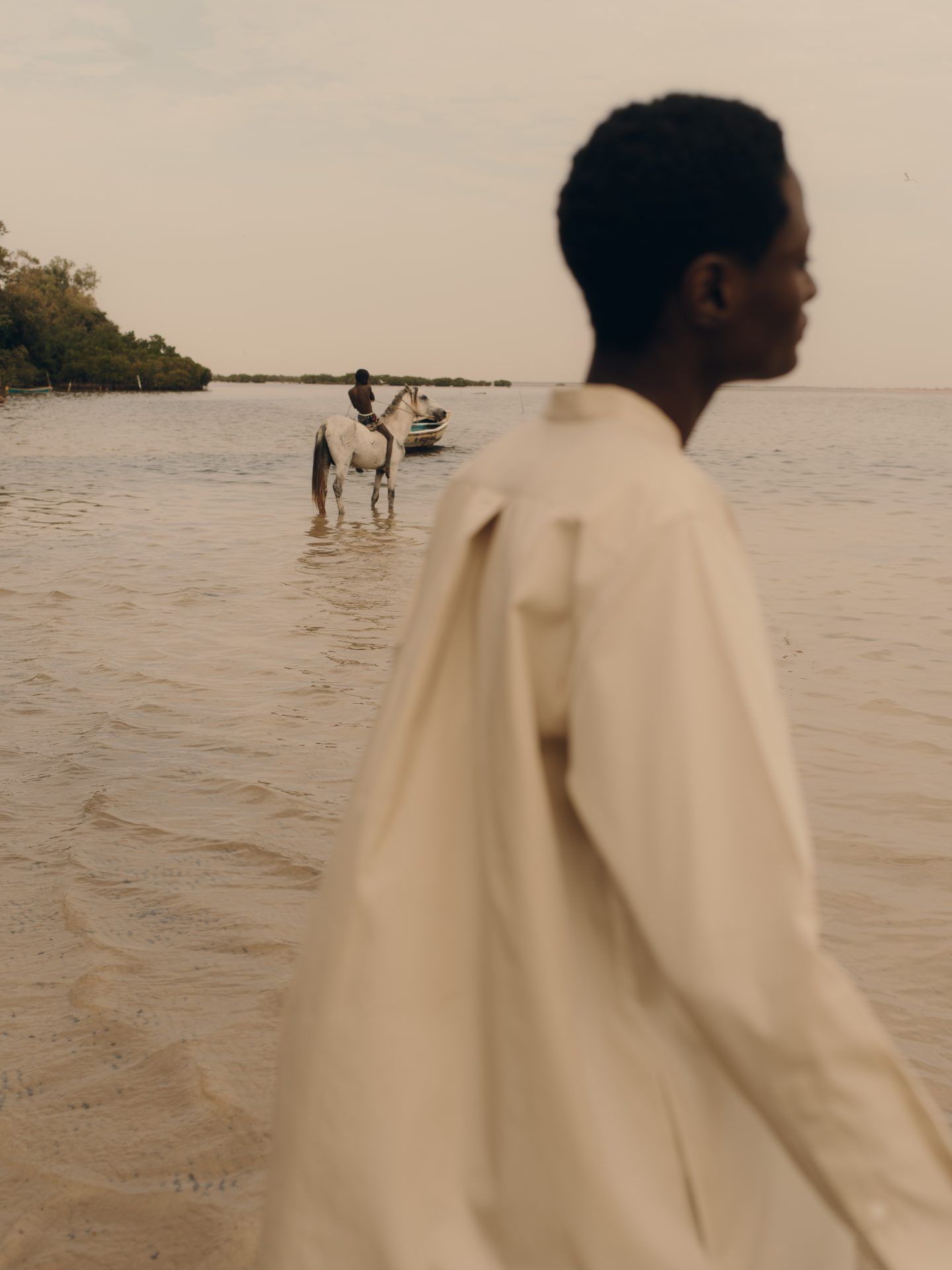

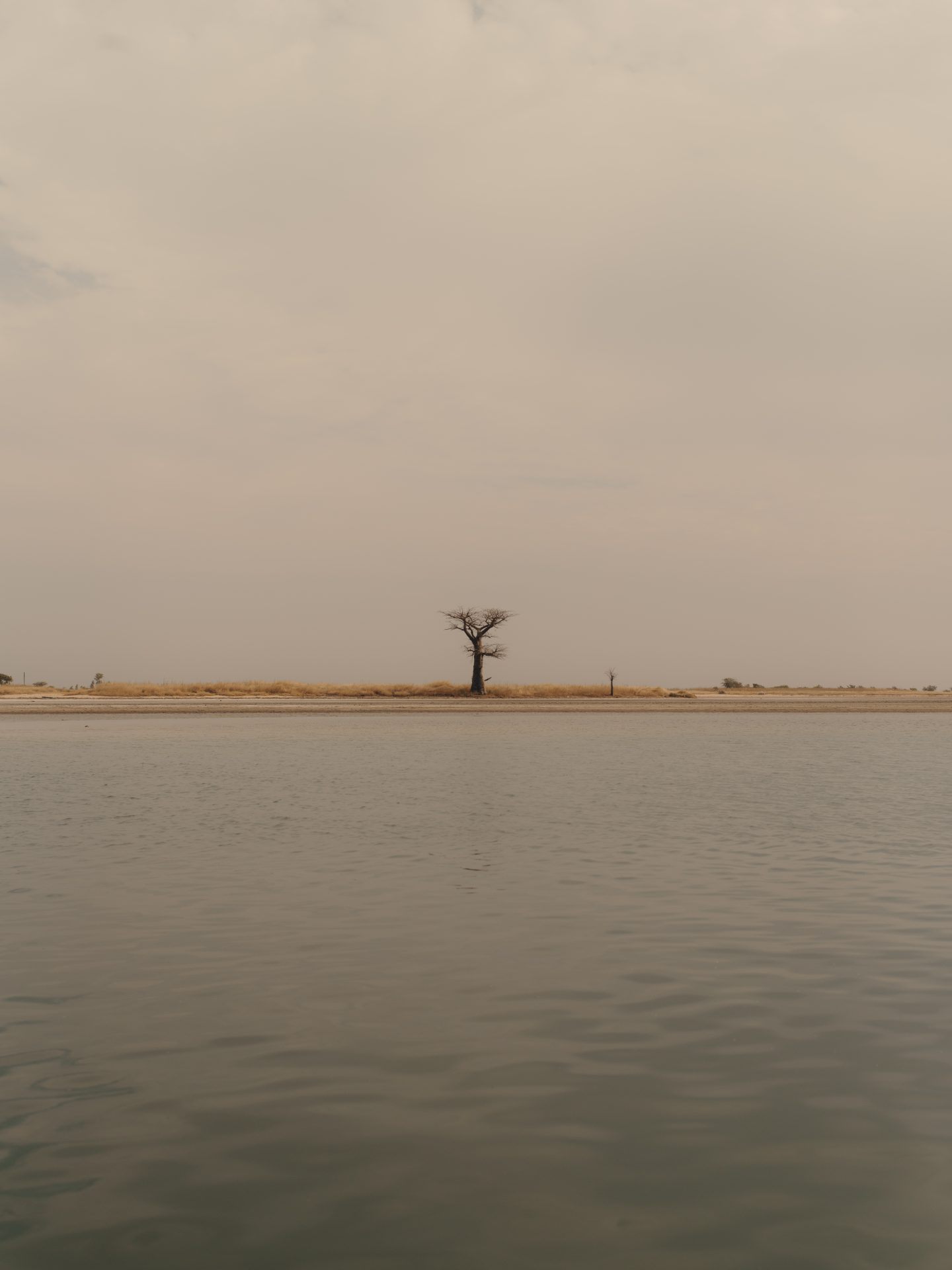
A worldwide problem that receives little attention, female gential mutilation is a harmful practice performed all over the world, with millions of girls and young women subject to mutilation every year. Women in the Casamance community Lapalus visited, know from an early age what their life’s journey may bring. Pressured into a polygamous marriage—on which the financial survival of the family depends—daughters are subjected to one of the most barbaric rites of initiation, one that knows no age limit. It is disguised as a celebratory event by the local community, and justified by false myths from the achievement of chastity to the preservation of virginity. The alteration or lesion of female genital organs is intentional and with no medical reason. This despicable act of mutilation is imposed by a patriarchy system that instills outdated roles and expectations for women: women are to procreate and look after their children, run housework, accept without questioning, and be subjugated to their husband. Because family is so central to the local culture and to the women’s marital role, infertility is considered a disability—infertile women are stigmatized and socially isolated.




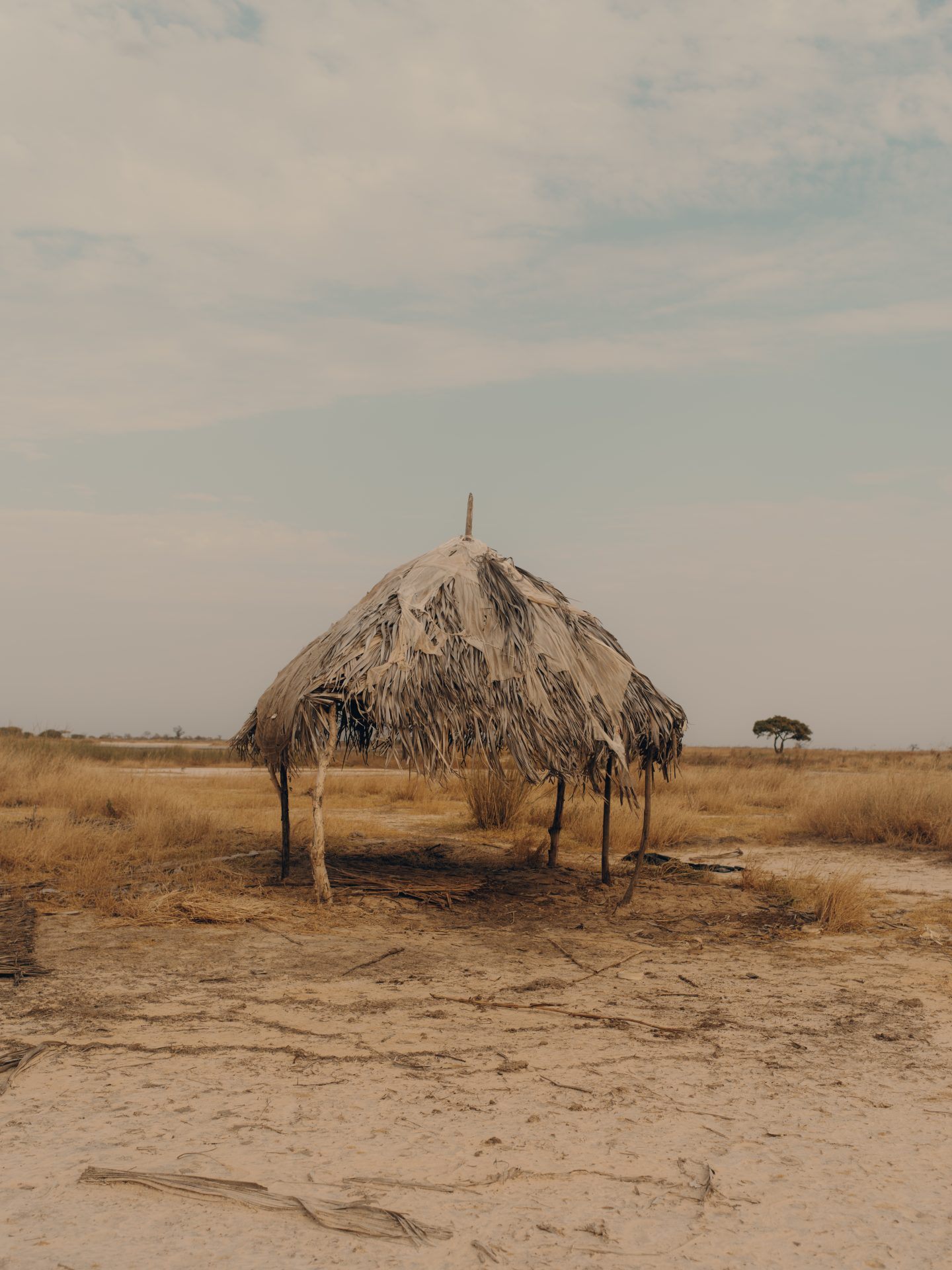
Guided by the experiences the women shared with her, the photographer engaged with their stories and realities by posing an implicitly political argument against the violent disregard of women’s lives through image-making. Rather than gravitating towards a documentary style, Lapalus found appeal in the power of editorial photography. Her editorial ‘Tree of Life’ reveals the irrationality of the practice and gender system in place, while testifying to the uniqueness of the land and the women that walk its streets. The images depict human silhouettes enhanced by the gradients of the earthy landscapes, enveloped by the shades of trees, and the intensity of the African sun. Like much of her work, the photographs are stirring in their grace and warm in their hues—Lapalus’s predilection for soft light casts melancholy over the photos, giving them an almost quaint expression.

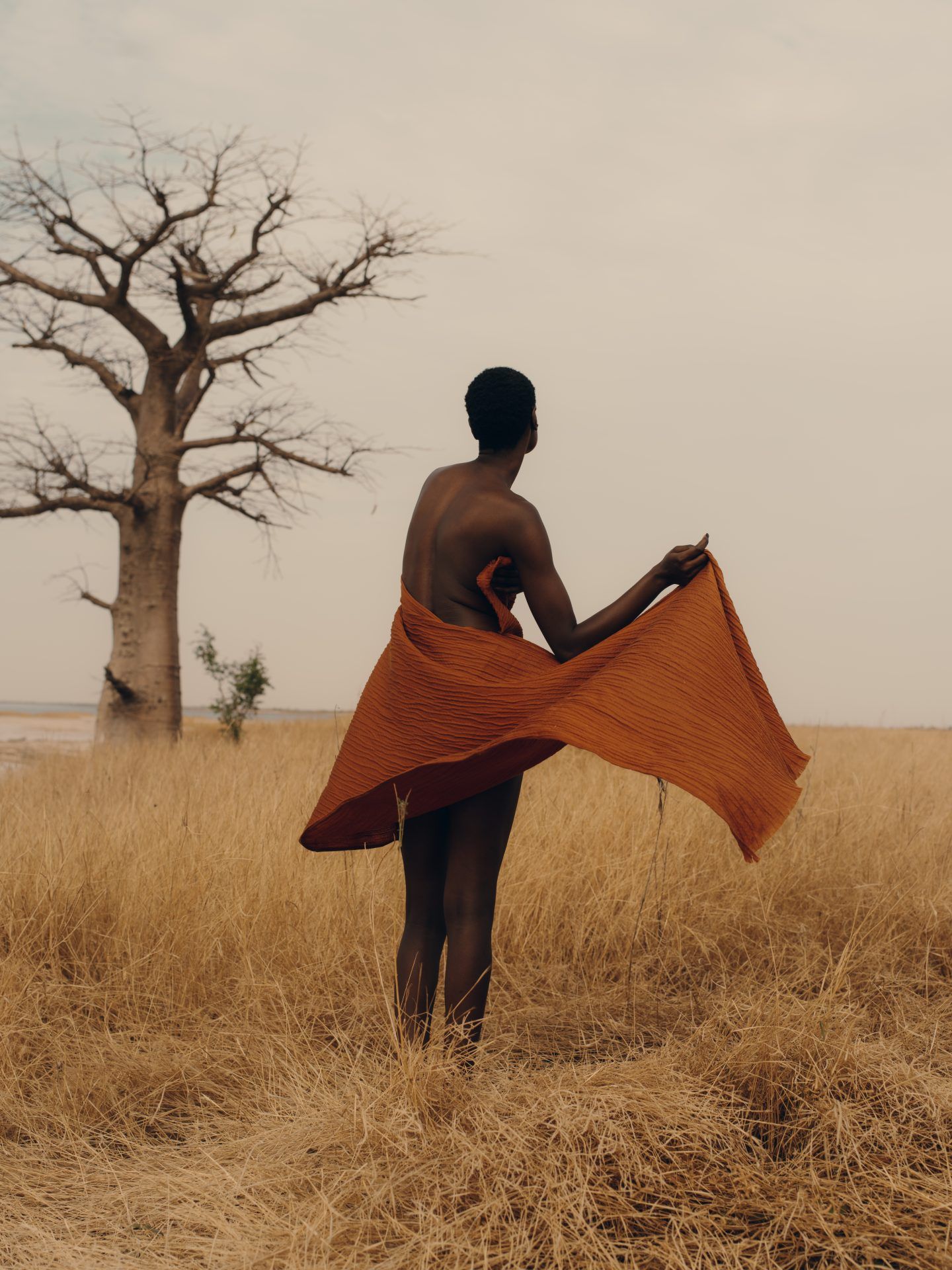
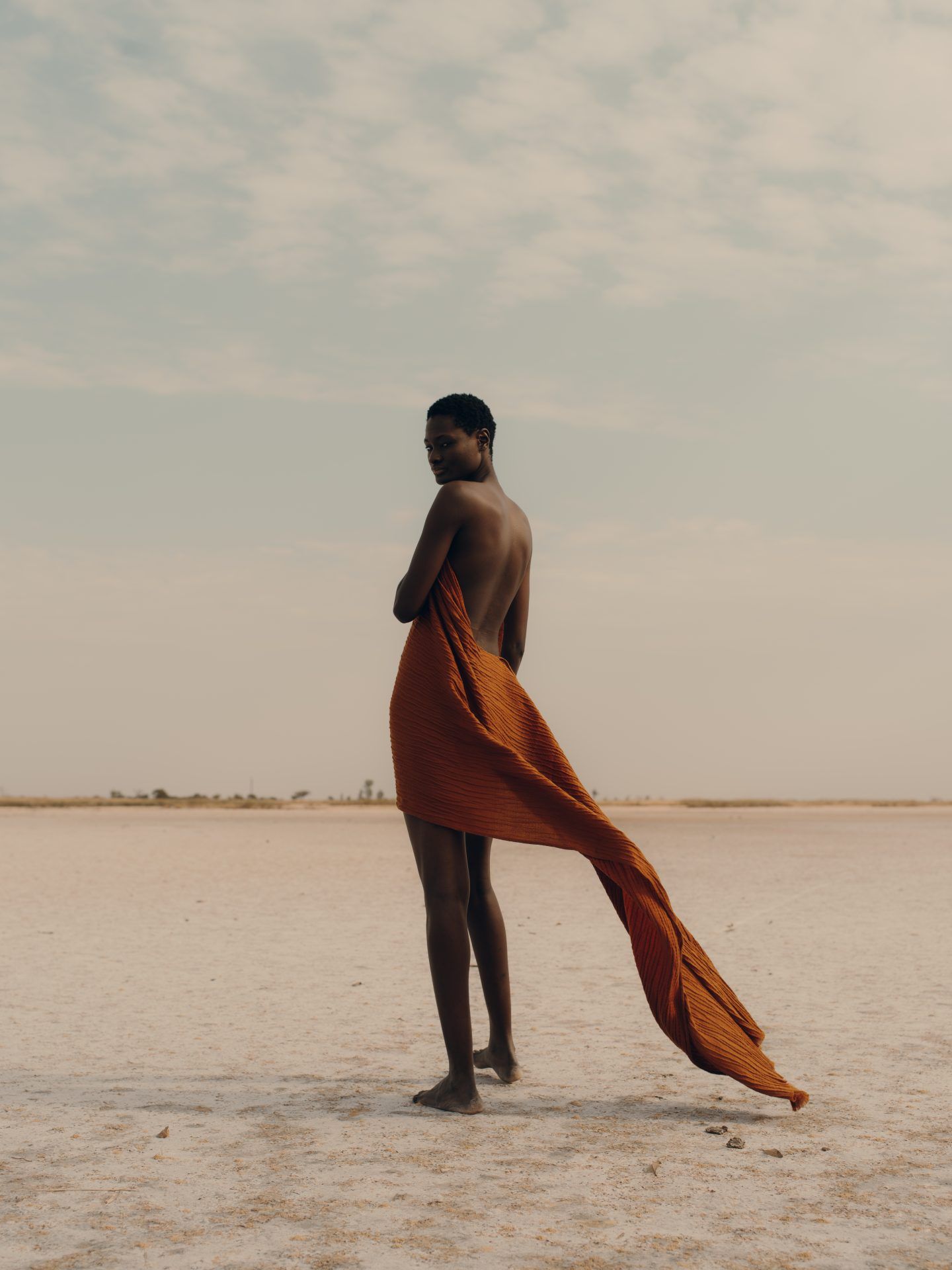
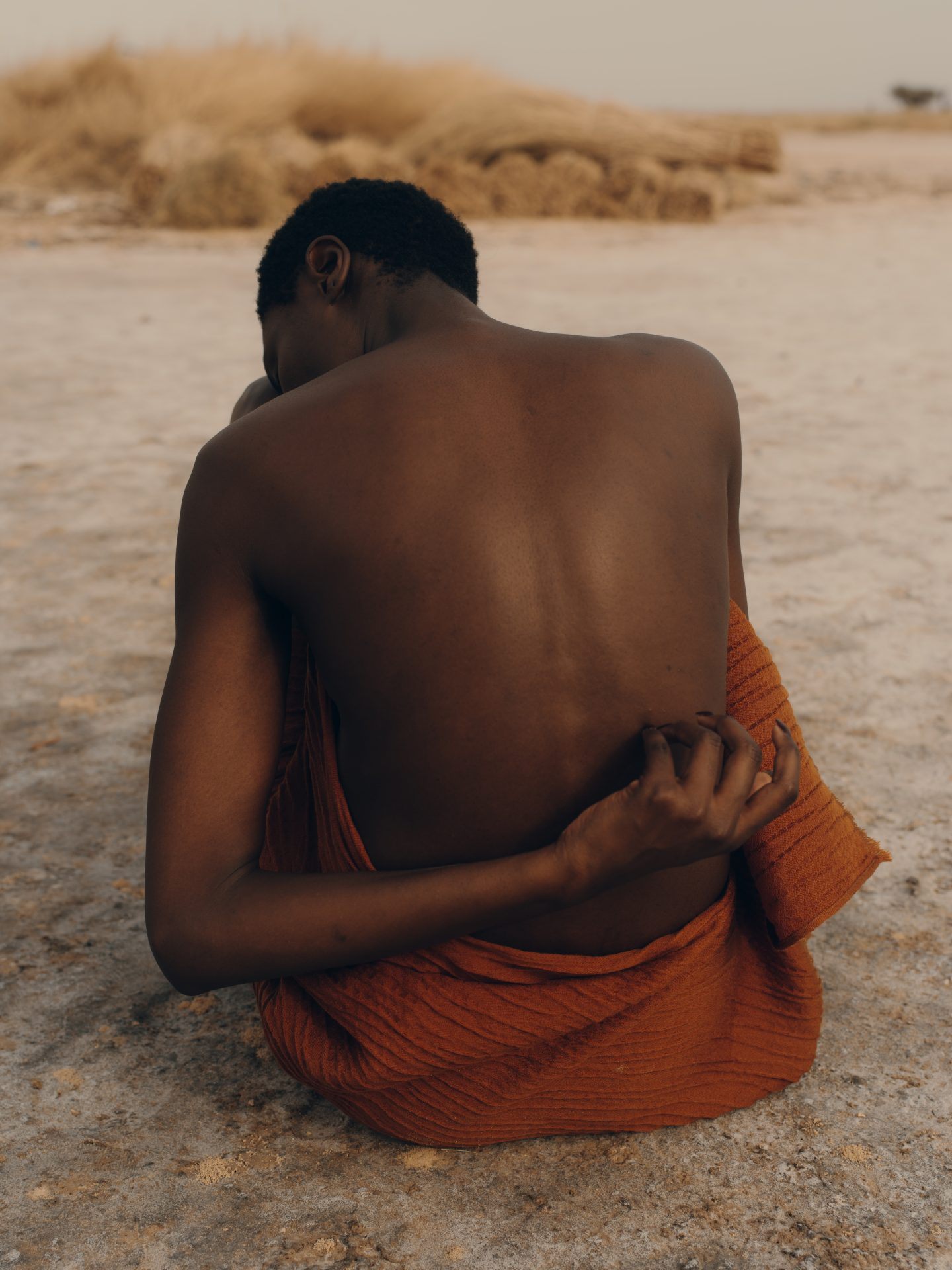
Yet, in their composition, as they interact with the textures of the wilderness, and light and color bond together in symbiosis, they evoke something more: a subtle tension between the freedom and beauty of the landscape, and the harshness of the hidden limitations imposed on its inhabitants. Lapalus captures the sensitive window that exists between these two worlds, by nodding to Senegalese culture and aesthetics while highlighting the intimate lives of women. This dual sentiment is echoed in her shots: there is a sense of fragility but also of empowerment. For a fleeting moment, the harsh reality is set aside, and viewers can feel the last rays of a Senegalese sunset, and sense the nurture brought about by the earth and sea.
There is a sense of fragility but also of empowerment.
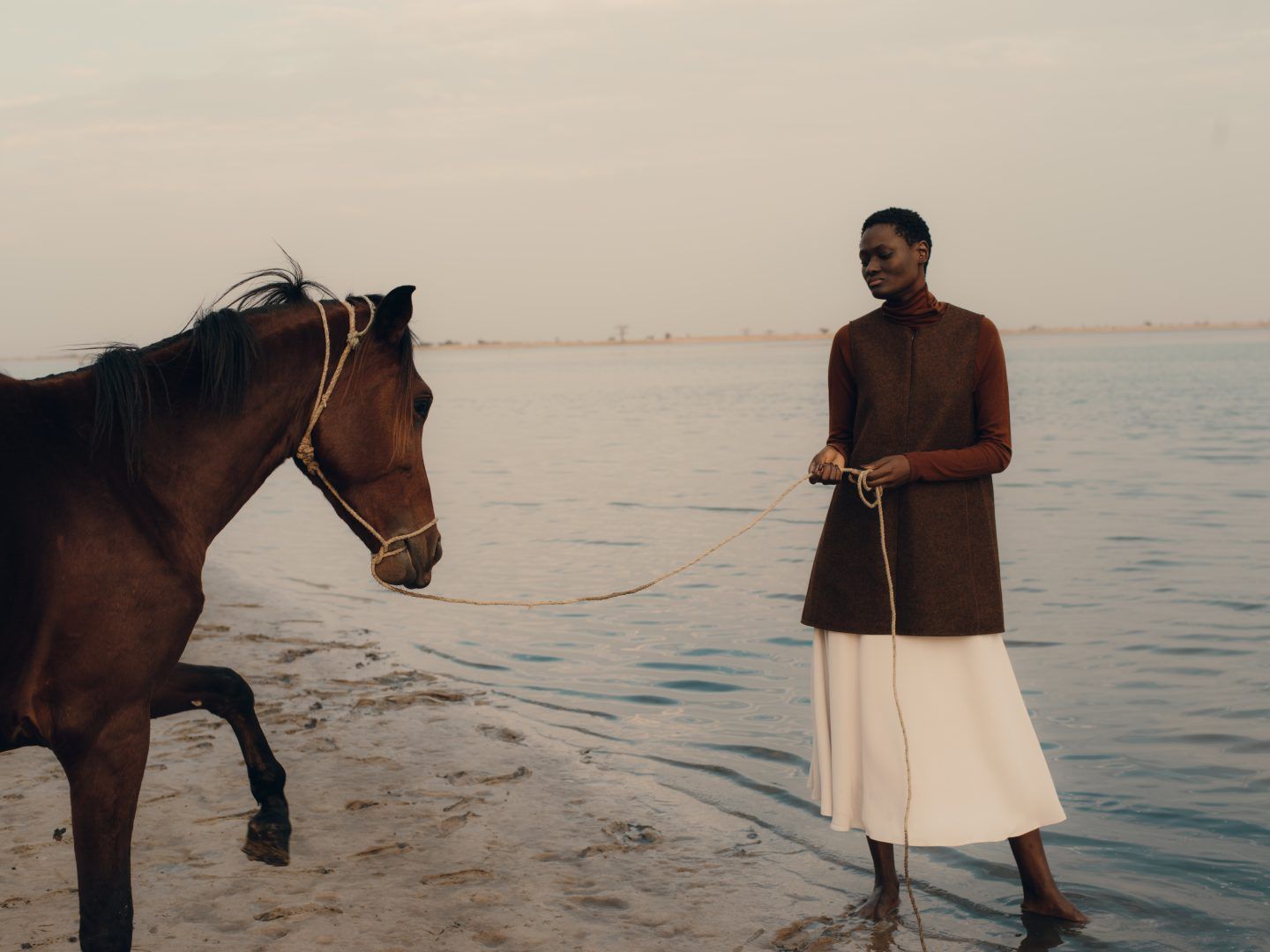
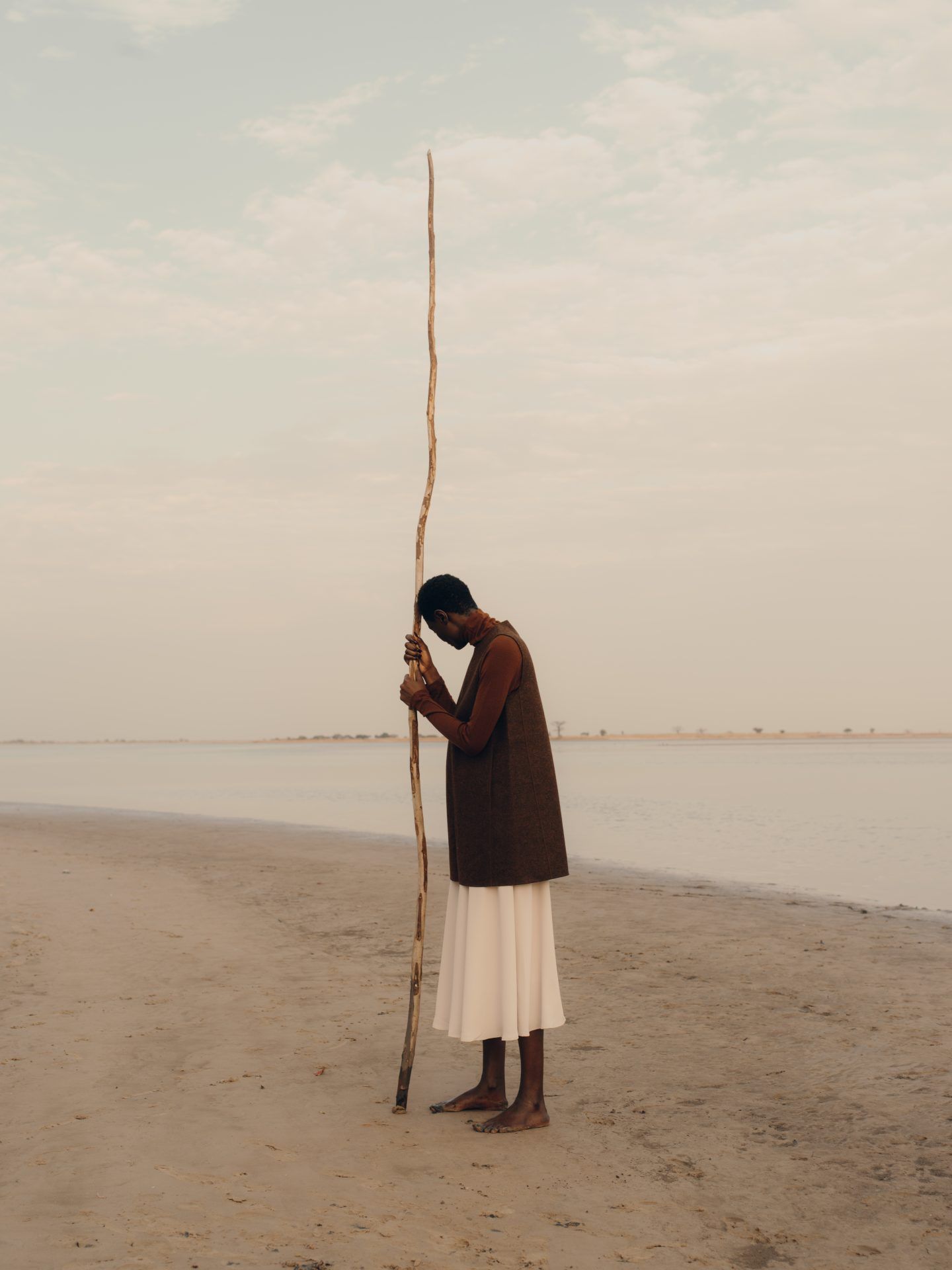
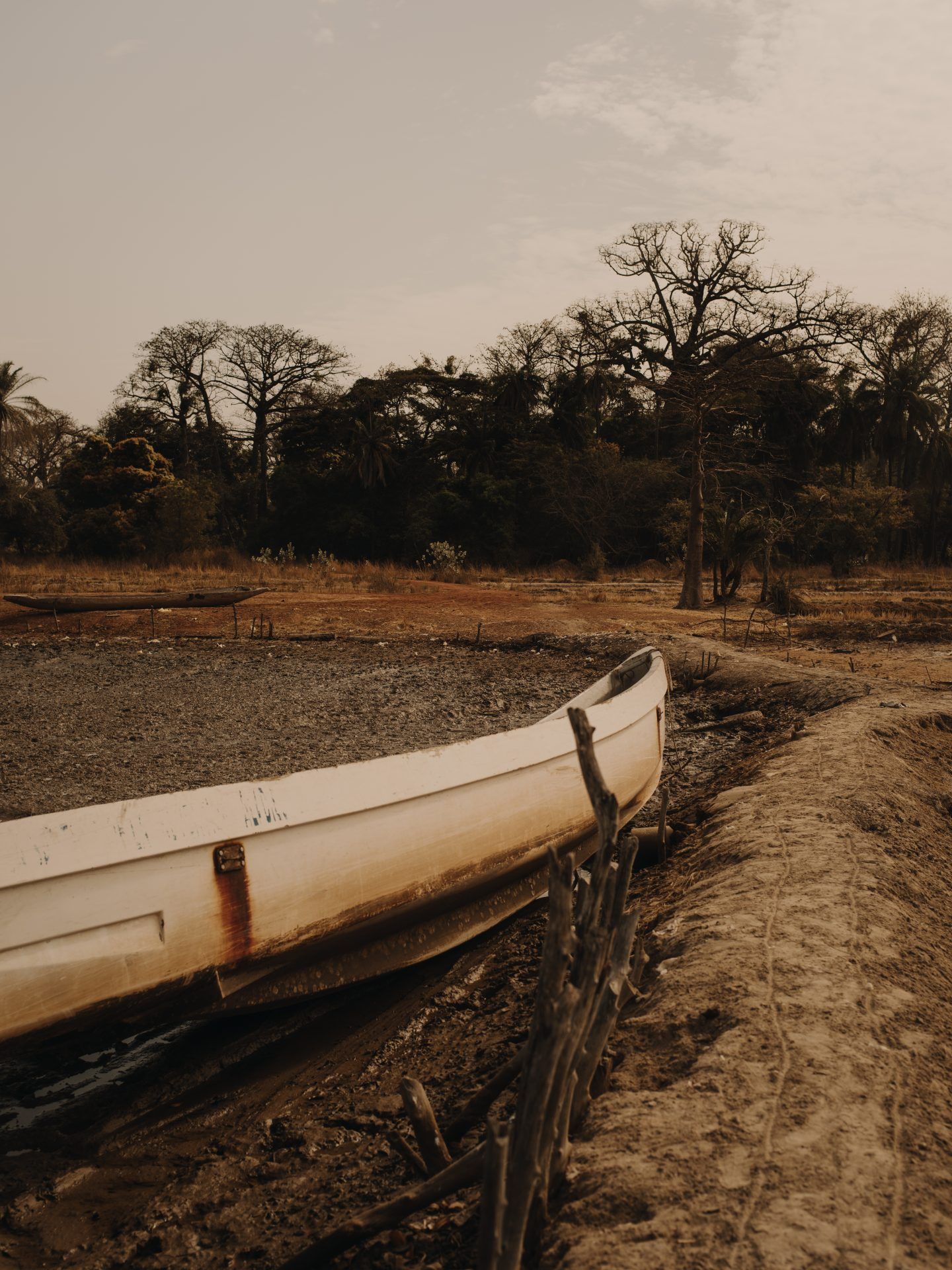


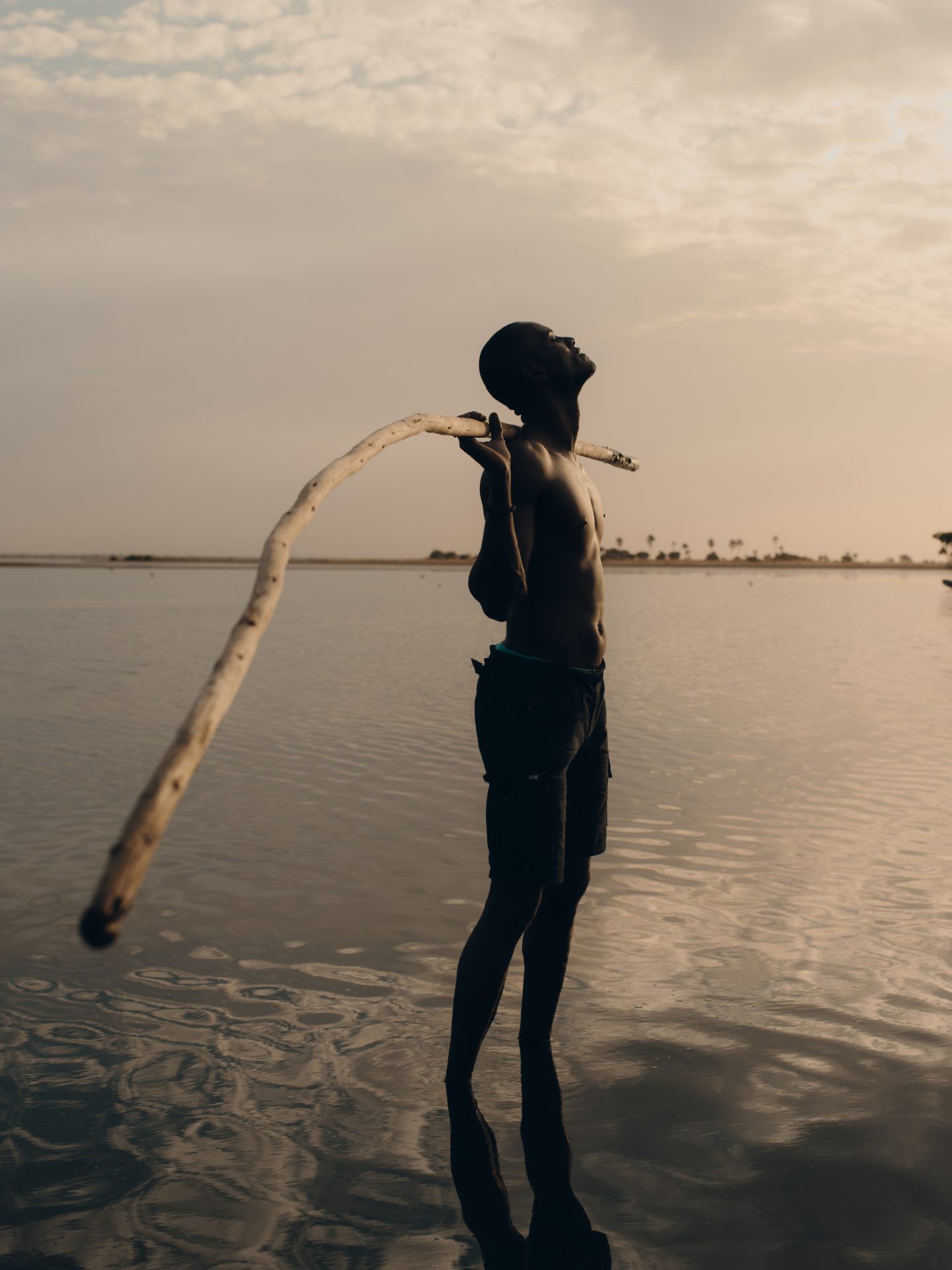
Because laws against FGM alone are simply not enough to eradicate the problem and impact change in attitudes towards women, Lapalus’s attempt to raise awareness is vital. It has the power to erode an ignorance which, alongside cultural and religious barriers, prevent victims from being acknowledged as such and counteract the oppression. In this, the photographer is remarkable for how she utilizes the platform of photography to cast a new light on the gender experience and the violence that society can proliferate. Today, as a new generation of Senegalese women refuses to go quietly into the night, fighting back against a patriarchal society, the editorial highlights the complex relationships between the cruel practice and their newly found empowerment. Intrigued by the poetic images and intricate textures, the viewers are challenged to unravel the cultural traditions that burden and entrap women in patriarchal societies at large. In many ways, the ‘Tree of Life’ aims to rewrite narratives. This is what Lapalus’s images do: they carry multiple meanings while inviting viewers to connect to these women’s stories. There is a deep, compelling tenderness to them, but most importantly, an unparalleled power—because making the invisible visible shapes contemporary history.
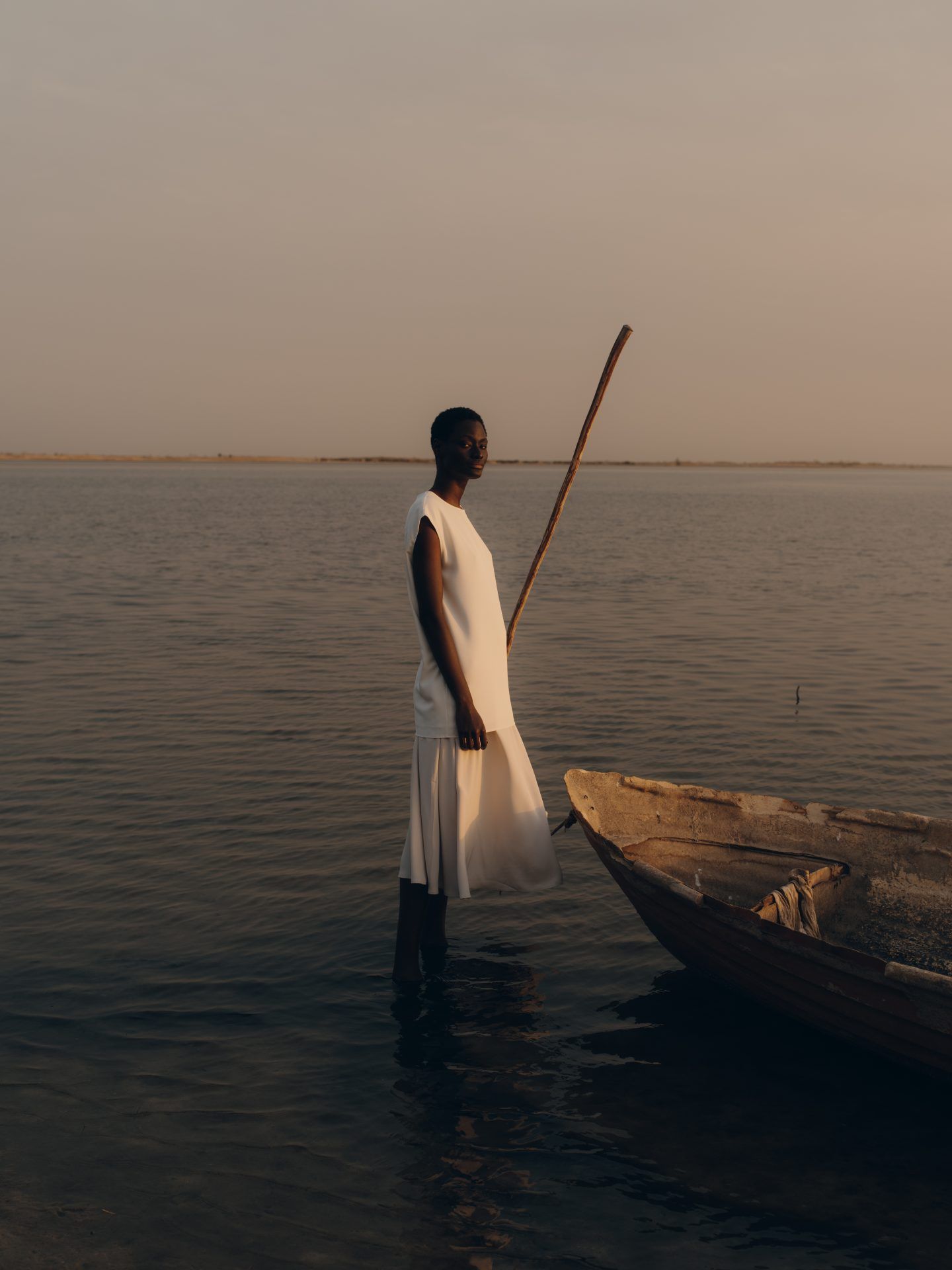

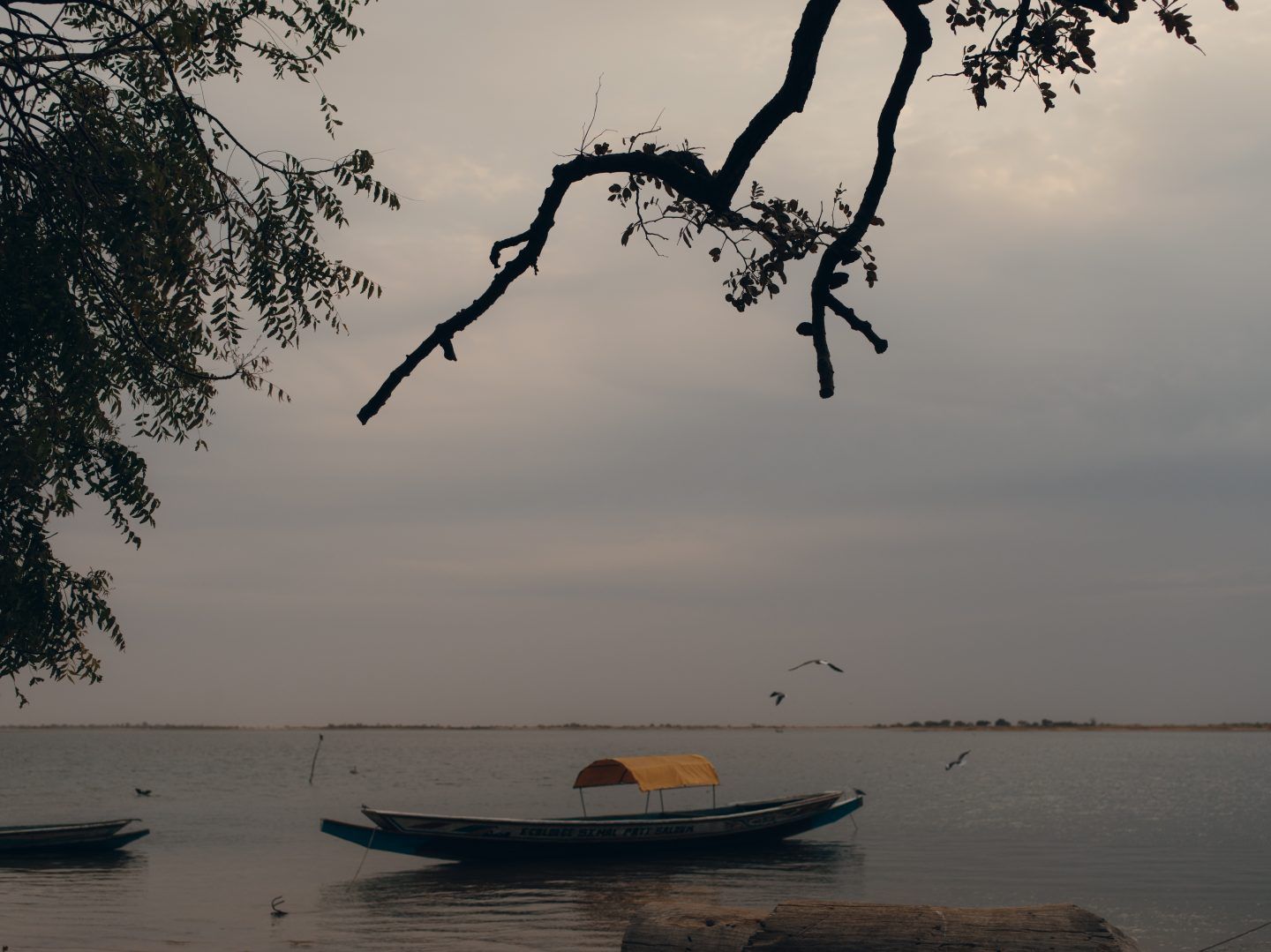
All images © Charlotte Lapalus, Production: Autour de l’Enfant
